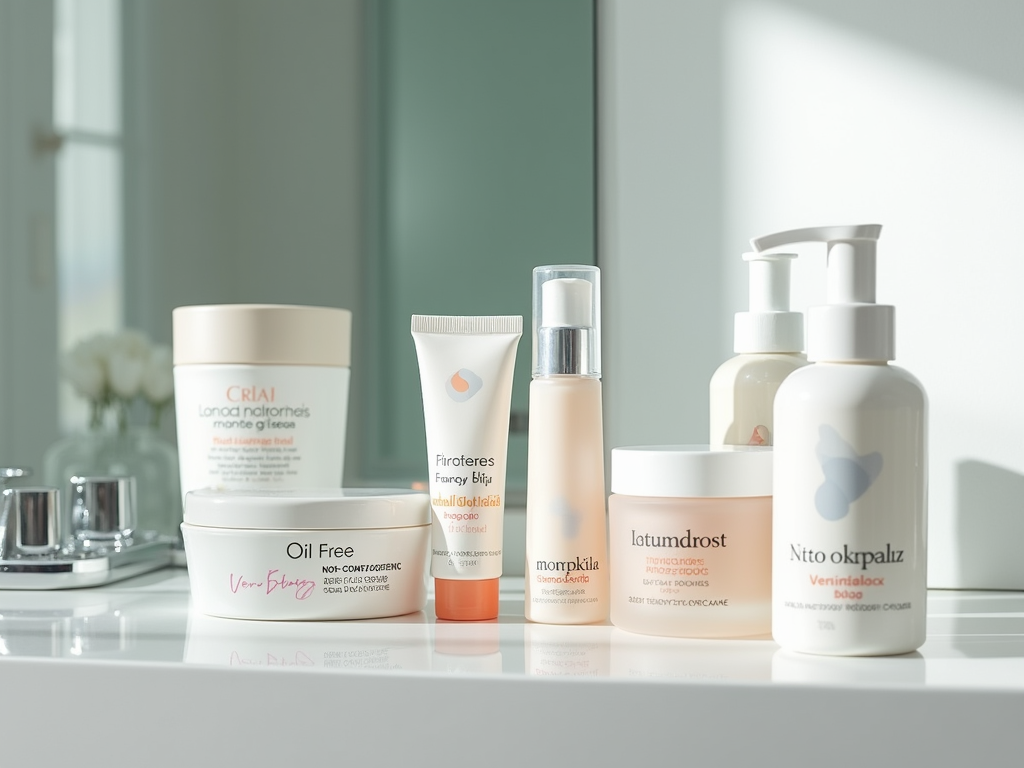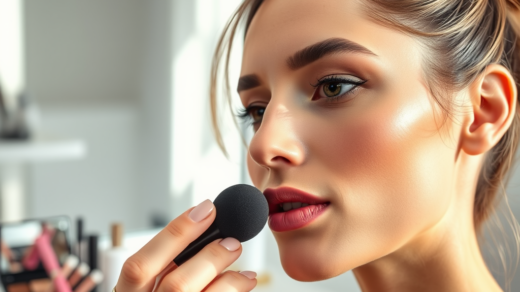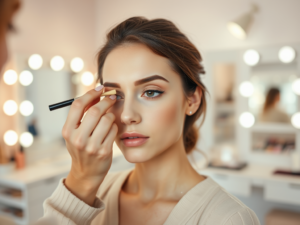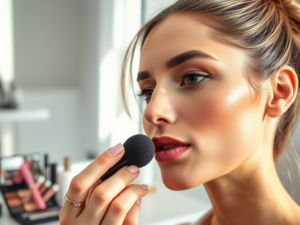Why Do I Have Oily Skin All of a Sudden?
Experiencing oily skin can be frustrating, especially when it occurs suddenly. This abrupt change may be caused by various factors including hormonal fluctuations, lifestyle changes, environmental influences, or inappropriate skincare routines. Understanding the underlying reasons for your skin’s excessive oil production is crucial to address the issue effectively. In this article, we will delve into the multifaceted causes of sudden oily skin and explore effective ways to manage it.
1. Hormonal Changes

One of the primary reasons for an unexpected spike in oiliness is hormonal fluctuations. Conditions such as puberty, menstruation, pregnancy, or menopause can lead to significant hormonal shifts in the body. These changes can increase sebum production by stimulating the sebaceous glands, resulting in shinier skin. It’s important to note that hormonal acne often accompanies this condition, indicating that the skin is responding to these hormonal changes.
Moreover, hormones such as androgens can exacerbate oiliness. When produced in excess, androgens can lead to augmented oil gland activity. Understanding your body’s hormonal rhythm can help you identify patterns in skin changes and take appropriate action.
For individuals with persistent oily skin, a consultation with a healthcare provider may help to identify underlying hormonal imbalances. They may suggest blood tests or other diagnostics to check hormone levels. It’s essential to address these imbalances to prevent long-term skin issues.
2. Lifestyle Factors

Our lifestyle choices play a crucial role in the condition of our skin. Poor diet, lack of hydration, and insufficient sleep can all lead to an increase in oil production. Consuming foods high in sugar and unhealthy fats can exacerbate oiliness, as they often trigger an inflammatory response from the body.
Similarly, stress can also lead to increased oil production. The body’s response to stress involves the release of cortisol, which further stimulates the sebaceous glands. This can create a cycle, where stress leads to oily skin, which in turn leads to more stress about one’s appearance.
- Diet: Reduce intake of sugar and unhealthy fats.
- Hydration: Drink plenty of water to maintain skin health.
- Sleep: Aim for 7-9 hours of sleep to help balance hormones.
- Stress Management: Incorporate relaxation techniques like yoga or meditation.
The environment in which you live can significantly impact your skin’s condition. Elements like humidity, pollution, and temperature can lead to increased oil production. For example, areas with high humidity levels can cause your skin to produce more oil to combat moisture loss.
Additionally, exposure to pollutants can clog pores and result in breakouts, leading to an increase in the overall oiliness of the skin. It’s crucial to consider these factors and adapt your skincare routine accordingly. Using products that effectively cleanse and protect your skin from environmental stressors can help maintain balance.
Furthermore, seasonal changes can also have an impact. The skin may produce more oil in warmer months and become drier in winter. Adjusting your skincare products seasonally can be an effective way to manage oily skin.
4. Inappropriate Skincare Routine
Your skincare regimen plays a critical role in maintaining skin balance. Using harsh exfoliants or stripping cleansers can cause the skin to become irritated, triggering an overproduction of oil in response. Furthermore, skipping moisturizer can deprive the skin of hydration, leading to compensatory oiliness.
Choosing the wrong type of products can exacerbate the issue. For instance, if you’re using heavy, oil-based products on already oily skin, the additional grease can contribute to an excessive shine.
Instead, opt for products labeled as “non-comedogenic” and “oil-free” to help manage oil production without causing excess buildup. A gentle cleanser followed by a lightweight moisturizer can maintain a balanced complexion.
- Cleanser: Use a gentle, foaming cleanser.
- Moisturizer: Opt for oil-free or gel-based moisturizers.
- Exfoliation: Limit exfoliating to 1-2 times per week.
- Sunscreen: Choose a non-comedogenic sunscreen product.
5. Medical Conditions
In some cases, sudden oiliness can signal underlying medical conditions such as polycystic ovary syndrome (PCOS) or seborrheic dermatitis. Both conditions are associated with hormonal imbalance and can result in overactive sebaceous glands.
PCOS, for instance, is characterized by irregular periods, weight gain, and excessive hair growth, in addition to oily skin. Similarly, seborrheic dermatitis presents with patches of oily, scaly skin and can occur in conjunction with oily complexion changes.
If you suspect a medical condition is contributing to your skin issues, consult a dermatologist or healthcare professional. They can provide an accurate diagnosis and guide you on treatment options.
Conclusion
In conclusion, a sudden onset of oily skin can be attributed to several factors including hormonal changes, lifestyle choices, environmental influences, inappropriate skincare, and medical conditions. Understanding the root cause is key to effective management and prevention of further oiliness. By adjusting your skincare routine, addressing lifestyle factors, and consulting healthcare professionals if necessary, you can regain control over your skin’s health and appearance. Remember, consistency is vital when it comes to skincare, so give your new routine some time to work.
Frequently Asked Questions
1. Can diet really affect oily skin?
Yes, a diet high in sugars and unhealthy fats can increase oil production. Incorporating a balanced diet rich in fruits, vegetables, and whole grains is beneficial.
2. Is it necessary to use a toner for oily skin?
While a toner can help to remove excess oil and impurities, it’s not mandatory. If you choose to use one, opt for an alcohol-free option to prevent irritation.
3. Should I moisturize if I have oily skin?
Yes, it’s important to moisturize even if your skin is oily. Look for lightweight, oil-free moisturizers that hydrate without clogging pores.
4. Can oily skin cause acne?
Absolutely. Excess oil can trap dirt and dead skin cells in the pores, leading to clogged pores and the potential for acne outbreaks.
5. When should I see a dermatologist for oily skin?
If your oily skin is persistent, changing, or accompanied by severe acne, it’s time to consult a dermatologist for professional advice and treatment options.







